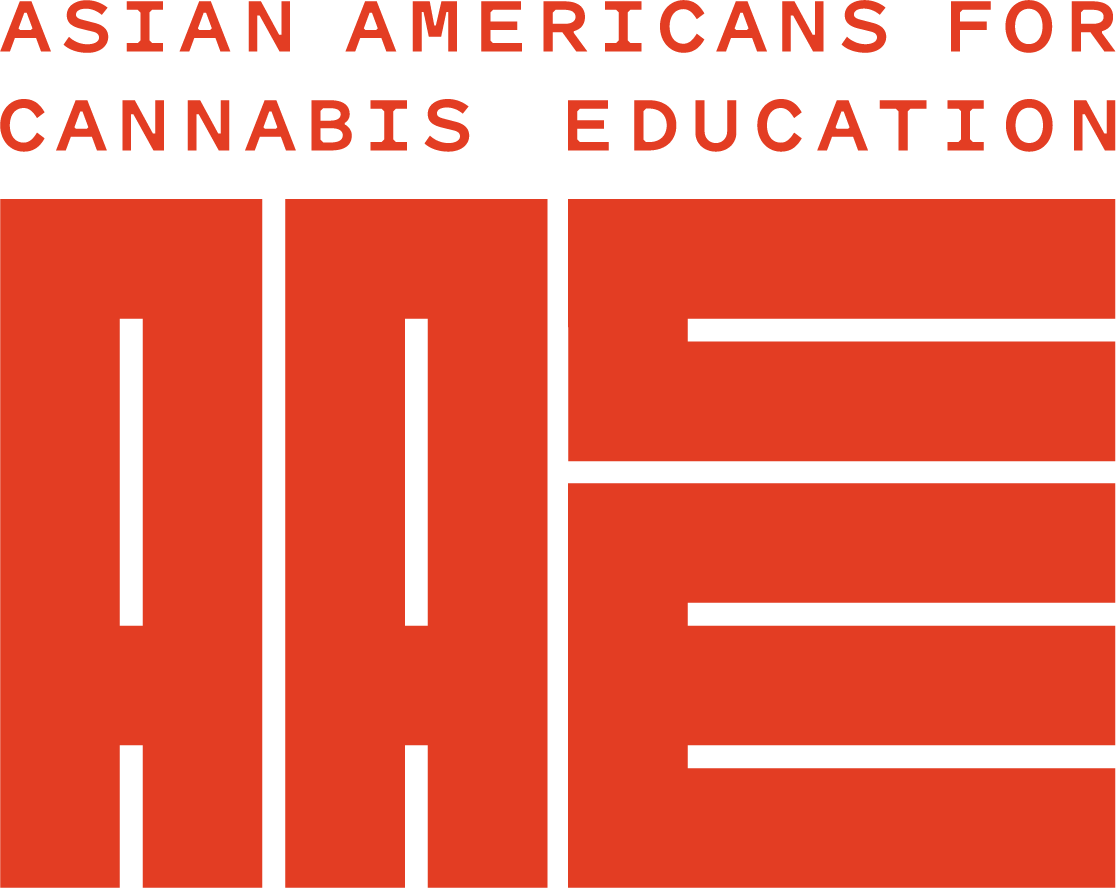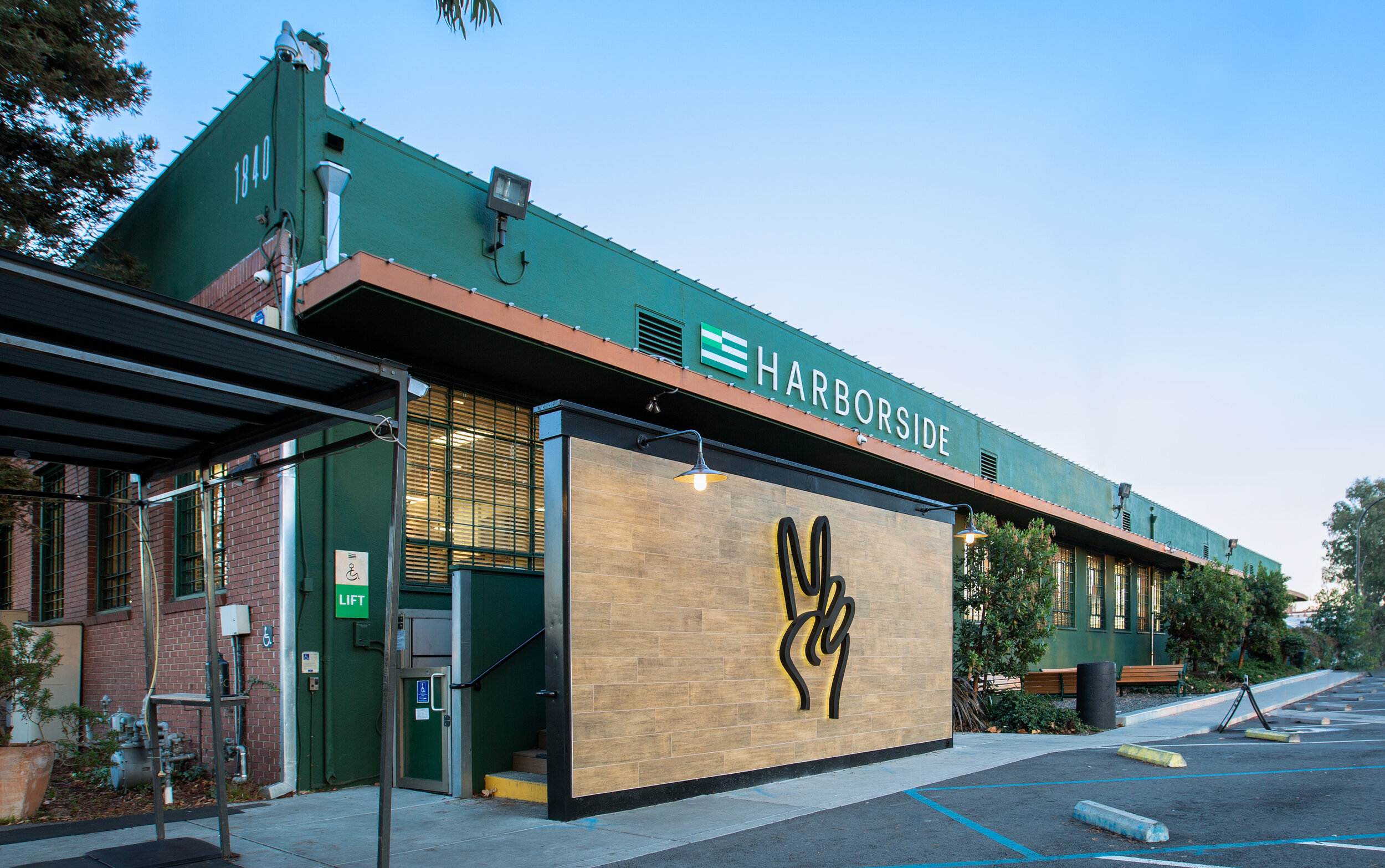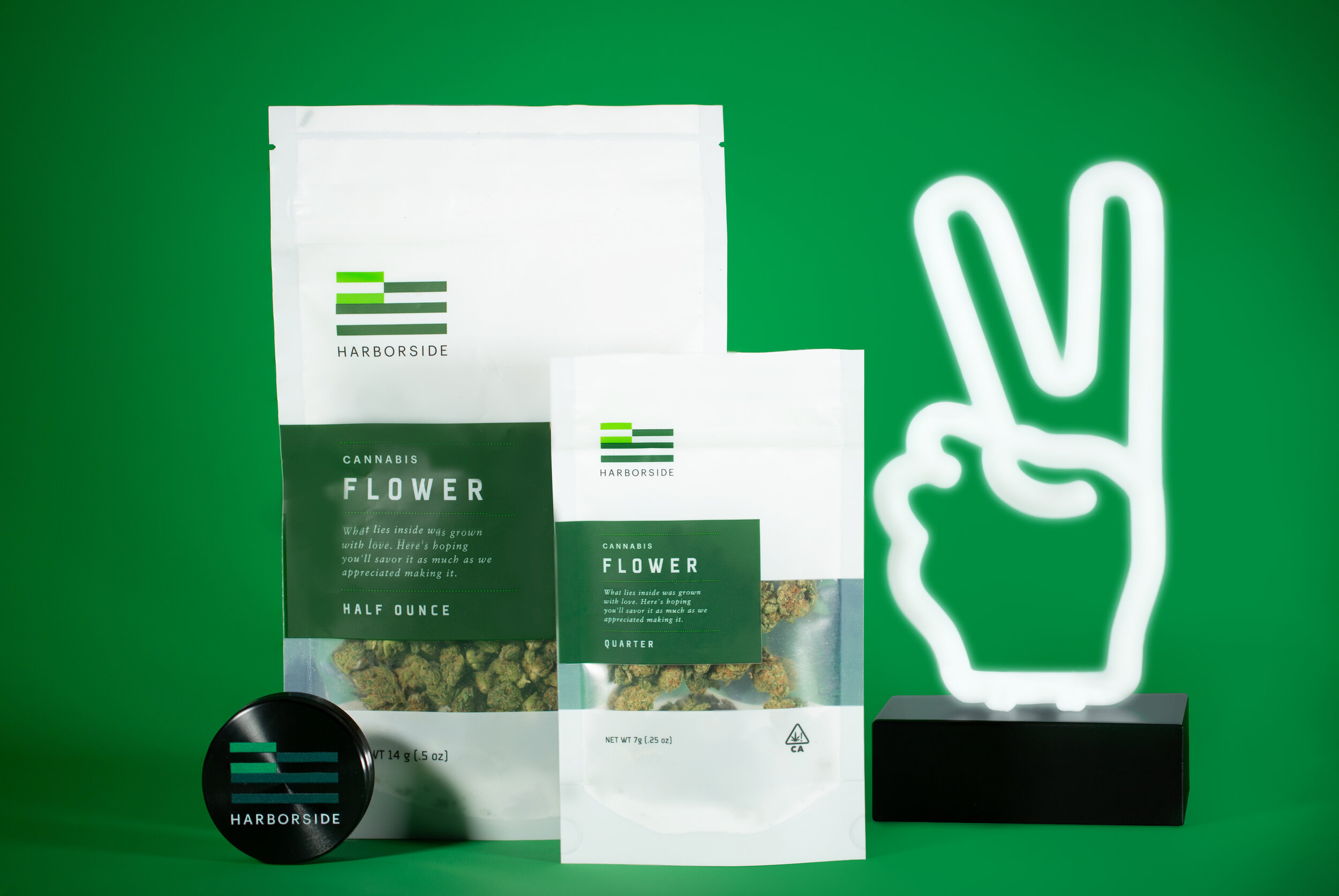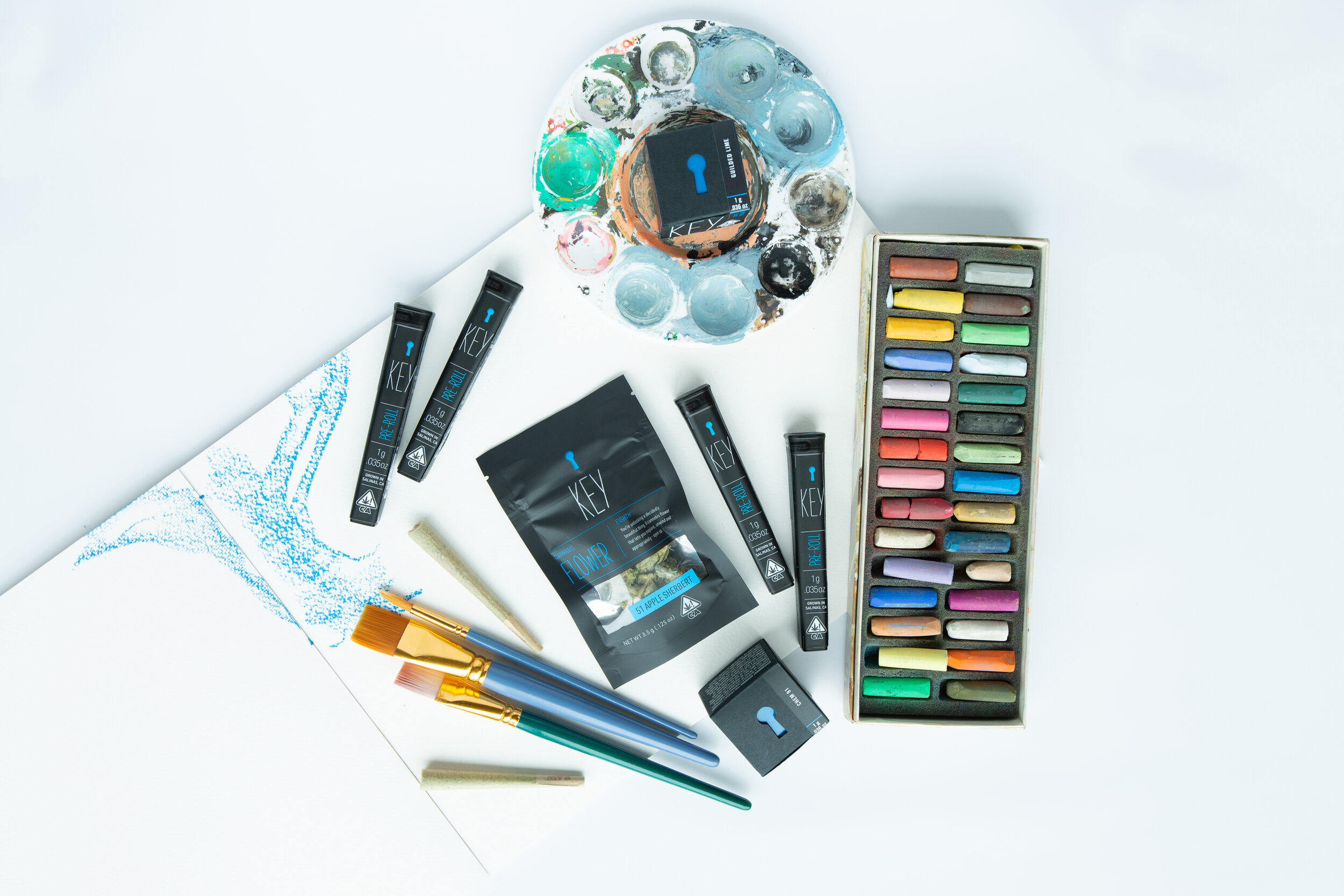AACE INTERVIEW: Alexis Mora of Harborside
Alexis Mora:
Changing the Conversation
The Asian narrative of stoners being lazy and unmotivated felt like a personal attack to the many talented, motivated, driven, and wonderful people I had come to know in the space. - Alexis Mora
The cannabis community is built on the foundation of plant medicine and inclusiveness, with that the origin of Prop. 215 was built on providing cannabis to AIDs patients. Proposition 215 exempted patients and defined caregivers who possess or cultivate marijuana for medical treatment recommended by a physician from criminal laws which otherwise prohibit possession or cultivation of marijuana – the fight to provide plant medicine without being arrested was the impetus of this proposition. As we moved forward from 1996’s medical-only to medical and adult use’s Prop. 64, the importance of advocating for social equity and for all to have a place in the new industry. So far efforts have been fraught with some missteps, however with strong advocates like Alexis who has advocated social equity and inclusiveness to the community we have hope. We are honored today to have Alexis Mora, Head of Marketing for Harborside- Ophelia Chong
Your background is psychology and one of your past jobs was Crisis Services Coordinator for the Trevor Project, a non-profit for at-risk LGBTQI youth from 13-24, how has this helped you to navigate the diverse community in Cannabis, from the OGs to the curious?
My background in psychology and with LGBTQIA youth has allowed me to come to the table with a humanistic, wellness, and advocacy lens. The history of cannabis and marginalized communities runs deep, and many of today’s consumers don’t know about the significance the LGBTQIA community played in the legalization of cannabis. I’m humbled by the countless stories I hear from folks whose lives have benefited from cannabis, but I also know that the fight for accessibility and representation is far from over.
Your point of view of cannabis is that it is plant medicine first. How has your past experience as Director of Marketing for Bloom set you up for Head of Marketing for Harborside, a company that is at the forefront of advocacy and education?
In 2015 when I joined Bloom Farms, the industry was very different. There weren’t a ton of strong brands, a lack in customer and staff education, and was still very much in the shadows. At that time, I turned to cannabis since my partner had Tourette’s Syndrome and suffered from uncontrollable motor tics that could only be quelled through a careful blend of THC and CBD. I saw his quality of life increase exponentially as a result of it and realized that this space held tremendous potential both from a medicinal and business perspective. From then on, it became my mission to dispel the negative stigma around cannabis and I feel like I achieved a lot of that during my time at Bloom Farms and now at Harborside.
"Coming out" to our parents as cannabis consumers can be a minefield of culture and propaganda for Asians, how did you educate your parents on cannabis and how did they accept it?
With my mother being a nurse, and formerly an oncology nurse, I knew I had to start with the medicinal benefits first. “Would you deny a cancer patient the right to access this plant?” “What about Tourette’s Syndrome?” and so on. Oftentimes there are assumptions made about folks who use cannabis. The Asian narrative of stoners being lazy and unmotivated felt like a personal attack to the many talented, motivated, driven, and wonderful people I had come to know in the space. After several conversations, I’m slowly chipping away at the negative perception my family has around a plant that has benefited so many people’s lives.
Links:




